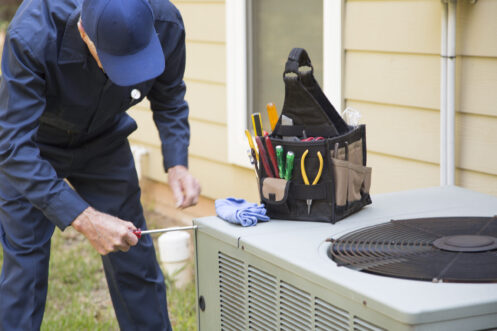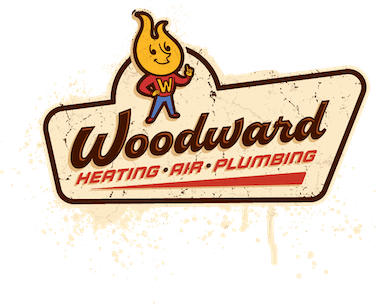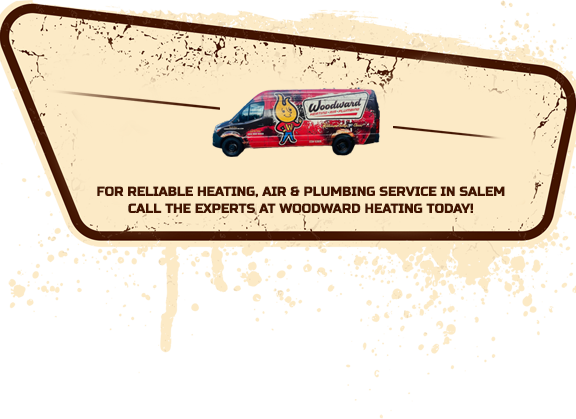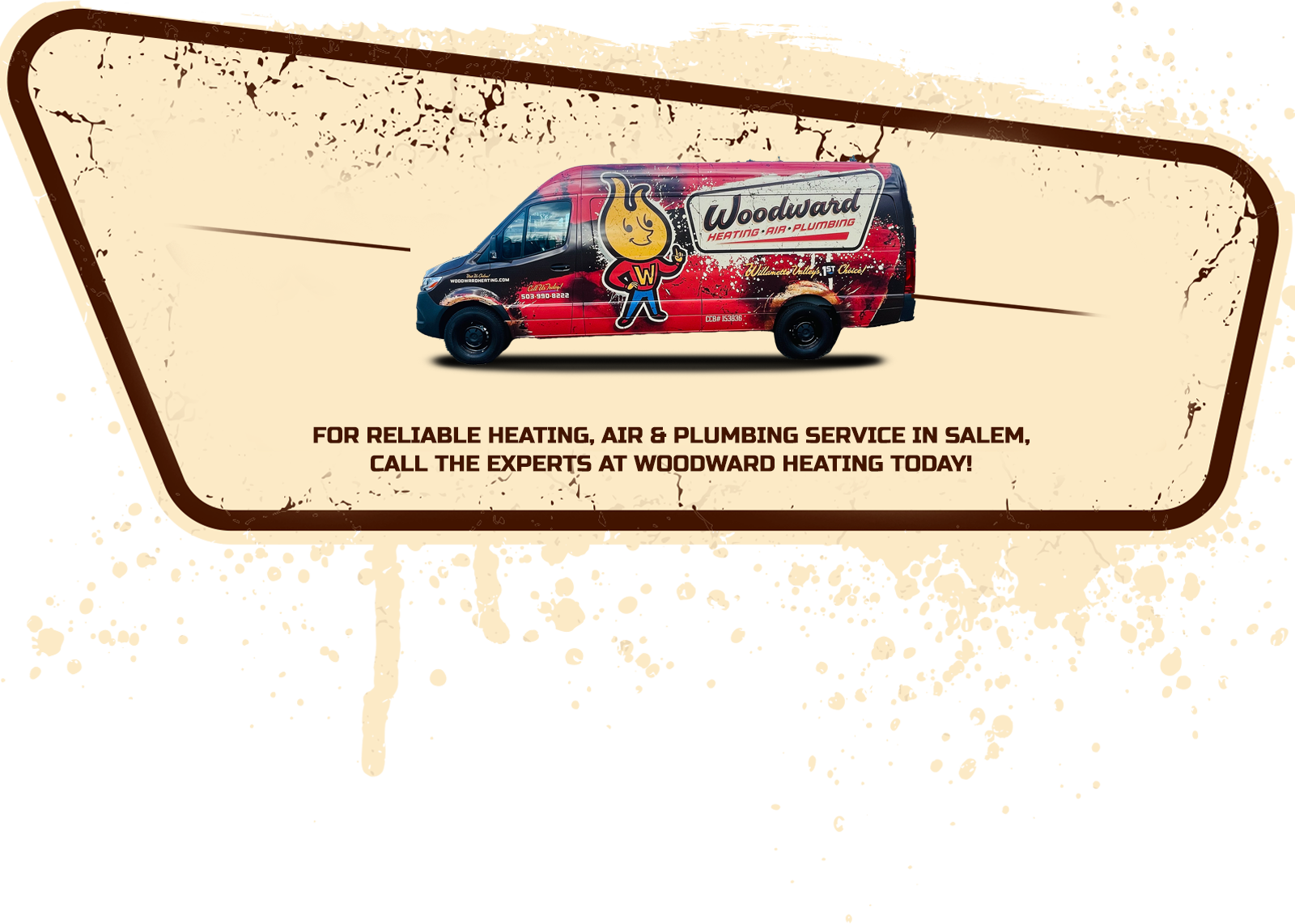
Spring brings warmer weather, but, for many people, it also brings sneezing and sniffling. As the temperatures in Salem rise, pollen and other allergy-inducing particles begin to fill the air. Breathing in those contaminants can lead to an array of unpleasant symptoms, including scratchy throats, stuffy noses and itchy eyes. Other effects include coughs, headaches and an overall feeling of being unwell.
If it’s not in top shape, your heating and cooling system can worsen these issues. On the other hand, your HVAC system also has the potential to help you find allergy relief. Making some small tweaks to your furnace and air conditioner could be the ticket to having a healthier household this spring.
Ways Your HVAC System Can Worsen Spring Allergies
Your HVAC system is supposed to keep you comfortable. Unfortunately, if it’s contributing to your allergy problems, it could leave you feeling miserable this spring. Several common HVAC issues can trigger spring allergy symptoms.
Dust and Debris
Respiratory allergies are caused by particles in the air that you breathe. Pollen from grasses and trees is a notorious culprit.
A dirty HVAC system can’t do a thorough job of filtering pollen from your indoor air. Rather, the pollen is likely to circulate through your home, which means that, even when you’re inside with the windows closed, you may not be safe from pollen’s effects.
Plus, dirty HVAC systems can also send dust into your air. Coupled with seasonal pollen, that’s sure to aggravate your allergy symptoms. You may find that you are sneezy and your nose feels stuffy all spring long.
Improper Humidity
During the early days of spring when the weather is still chilly, the humidity level in your house may be rather low. Ideally, your relative indoor humidity level should be between 30% and 50%. Most people are comfortable with a humidity level near 40%. If your house is on the drier side, it can make your allergy symptoms worse. Dry air causes nose, eye and throat irritation.
As the weather warms over the course of the spring, you may find that your indoor air becomes more humid. If your home’s humidity level is too high, mold and mildew may flourish. These fungi are known to trigger allergies. They may grow within your HVAC system or elsewhere in your house.
Carbon Monoxide
While you may think that you’re suffering from seasonal allergies, it could be that that’s not your issue at all. Rather, it’s possible that a small carbon monoxide leak from your furnace is tanking your health.
Carbon monoxide is a poisonous gas. You can’t smell or taste it, but you can still suffer from its effects on cool spring days when you’re counting on your heating system to take the chill out of the air.
Headaches and lightheadedness are common symptoms of carbon monoxide poisoning. You may also have an upset stomach or a feeling of tightness in your chest. You may feel fatigued and lethargic or experience a general sense of malaise.
Left unchecked, a carbon monoxide problem can turn deadly, so this definitely isn’t a problem that you want to ignore.
How to Use Your HVAC System to Lower Allergy Symptoms
Considering how a problematic HVAC system can worsen seasonal allergies, you might wonder if it’s worth the climate-control benefits. There’s no need to choose between the two, though. A well-maintained system can do a fantastic job of improving your indoor air quality and helping you catch a break from spring allergy symptoms.
Trap Contaminants
While your HVAC has the potential to spread dust and pollen throughout your home, that’s certainly not what it’s designed to do. In fact, a well-working heating and cooling system can reduce the amount of particles that are present in your indoor air. When your system is clean, you should be able to breathe more comfortably.
To clean your HVAC equipment, you can use a rag or duster to remove buildup around the vents in your home. You can even take off the covers to wipe away dust that has accumulated near the opening. For additional improvement, schedule a professional duct cleaning. An HVAC cleaning service can use powerful equipment to clear out the inside of your home’s ductwork.
You will need to change your HVAC filter as well. The debris buildup in an old filter can spread throughout your home. Plus, a dirty filter cannot do an effective job of trapping additional particles.
Once there is a new filter in place, your HVAC will be more effective at keeping contaminants out of your air. For even more benefit, consider upgrading the type of filter that you use. Filters come in a variety of effectiveness levels. If you suffer from seasonal allergies, you might benefit from a high-efficiency particulate air (HEPA) filter that does a more thorough job of trapping even the smallest particles. You can ask your HVAC technician for a recommendation of a filter that will strike the right balance of improving your air quality without restricting airflow.
Regulate the Humidity
You don’t have to live with humidity fluctuations throughout the spring. Rather, you can take control of your indoor humidity level with whole-home humidity-regulating systems that connect to your furnace and air conditioner.
A humidifier can raise the moisture level on dry days. And when the humidity level gets too high, you may also appreciate the benefits of a dehumidifier. Whole-home devices, installed by an HVAC professional, are the most useful because they improve the humidity throughout your entire home. You’ll appreciate the consistent moisture level and accurate control that these units provide.
Maintain Your System
To protect your health and the effectiveness of your system, make maintenance a priority. During a fall tune-up, the maintenance technician will examine how your furnace is running. A spring visit will focus on the air conditioner. For optimal safety and quality, schedule each of these appointments annually.
A furnace tune-up is essential for guarding against carbon monoxide poisoning. Your technician can identify repair needs before they develop into a major problem that could allow this gas to escape.
Annual maintenance also provides an opportunity to clear the mold and dust from your system and put in a new air filter. Plus, regular maintenance helps your units operate at peak capacity so that you will achieve proper airflow all year long.
To keep your allergies in check this spring in Salem, OR and the surrounding areas, count on the team at Woodward Heating Air Plumbing. We are your full-service heating and cooling company. Whether you’d benefit from maintenance, repairs or even a newly installed unit, we can help. Indoor air quality is one of our specialties, so we would be happy to discuss allergy reduction with you or schedule an appointment for duct cleaning. You can count on us for plumbing, gas piping and water treatment services as well. Our technicians are NATE-certified, and we belong to the Home Builders Association, so you’ll know that your house is in good hands with our team.
For a comfortable home and excellent indoor air quality, book an appointment with Woodward Heating Air Plumbing in Salem, OR!





